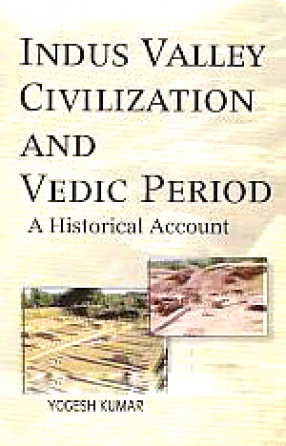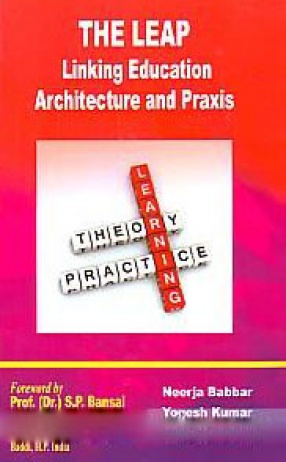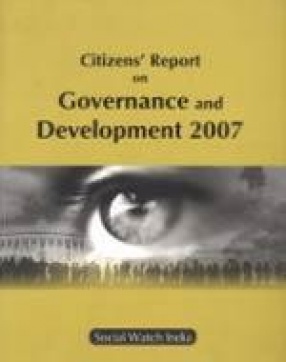Citizens' Report on Governance and Development 2007: Social Watch India
Synopsis
The ultimate test of effective governance is the fulfilment of its commitments to the citizens ensuring delivery of public services right up to the excluded and the marginalised sections of society. Institutions and their functionaries are the vehicles which carry the governance agenda forward. They represent the connecting links between the state and the citizens in terms of programmes of development. Therefore citizens must reclaim the institutions to serve their interests by participating actively at all levels of governance. It is thus important for a civil society initiative like social watch to intervene at different levels through constant and critical evaluation of the performance of these institutions and serve as an effective advocacy tool. In this backdrop the Citizens' Report on Governance and Development 2007, evaluates the four key institutions of governance in India: the parliament, the judiciary, the policy-making institutions (the executive) and the institutions of local self-government. Through the lens of fundamental economic and social values--such as rights, development, freedom and security--this report examines the sensitivity, efficiency and efficacy of the institutions in enforcing rights and ensuring delivery of public services. While reviewing the major developments of the year and probing the dynamics of democratization, the 2007 report also: Highlights the causal and inadequate manner in which parliamentary questions are posed and answered; Analyses various reform measures and welfare schemes adopted by the government while cautioning against putting public resources into private projects, under the mantra of public-private partnership; Examines some significant court verdicts and argues that solutions for the judicial system should have a demand orientation, which protects the poor; and Observes that the State Governments' performance in the process of decentralisation leaves much to be desired, despite the consensus about objectives. By now, this annual report--unique to the Indian political landscape--has developed into a fine tool for individual citizens and organised civil society to make government institutions more accountable. The latest edition will generate a healthy and constructive debate on the entire process of governance in India and will be welcomed by policy-makers, lawyers, scholars studying governance, journalists, civil society activists and concerned citizens.
Read more
54.00
48.6
$
60.00 $
Free delivery Wolrdwidе in 10-18 days
Ships in 1-2 days from New Delhi
Membership for 1 Year $35.00
Get it now and save 10%
Get it now and save 10%
BECOME A MEMBER
Books by the same authors
-

Safety and Working Procedures in Food Analysis Laboratory
-

Indus Valley Civilization and Vedic Period: A Historical Account
-

The LEAP: Linking Education Architecture and Praxis
-

Theoretical and Practical Aspects of Forest Survey
-

Social Watch India: Citizens Report on Governance and Development 2003
-

Abraham and Isaac in Interfaith Perspectives







Bibliographic information
Amitabh Behar
John Samuel
Jagadananda